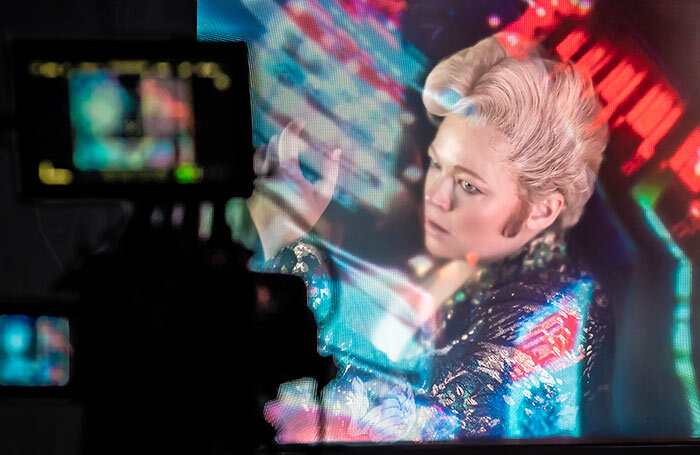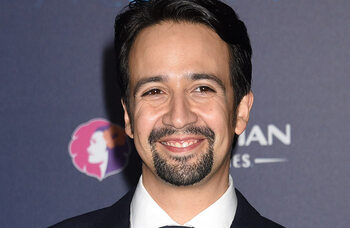Overseas critics can be vital foils against West End groupthink
Over on Broadway, British hits Cabaret, Patriots and now Operation Mincemeat have all been met with recent critical drubbings, including by the make-or-break New York Times. To some in UK theatre, this is a mark of New York’s lack of taste; we comfort ourselves that American critics “just don’t get it”.
Often, however, overseas critics are a useful corrective to our own capacity for groupthink. Take Jesse Green’s controversial critique of Kip Williams’ high-tech production of The Picture of Dorian Gray. Williams’ show, which originated at the Sydney Theatre Company starring Eryn Jean Norvill, is an Australian production. Although a hit in London with Sarah Snook, this failure to launch on Broadway can’t be pinned on the old adage that British humour doesn’t travel – one explanation circulated for Mincemeat’s disappointing reviews.
Snook won an Olivier for the role in London, before transferring with the show to New York. (Eryn Jean Norvill might have enjoyed the same international showcase were it not for her involvement in a complaint of sexual harassment against the actor Geoffrey Rush; Rush won a consequent libel suit against the Australian Daily Telegraph and has since denied further complaints by the actress Yael Stone.) Yet, as Green points out, Snook’s own “virtuosity” is swamped by digital effects. “Technology dominates all other values... often denying the human contact, and contract, that are at the heart of theatre’s effectiveness,” he writes. We see Snook transformed into 26 characters, but only due to LED screens and Instagram filters.
Continues...
The playwright Paula Vogel took to social media to condemn Green’s review as “misogyny-laced”. Vogel accused Green of sexism for offering higher praise to Andrew Scott’s one-man Vanya, which also required a solo performer to play multiple roles.
But Green made the exact same comparison between the two shows as I had made in my review for Prospect magazine a year ago. Snook’s transformations depend on the expertise of Williams’ technicians, while Scott required “technology no fancier than a prank sound-effects generator. A mere gesture makes him a woman; a scarf an ass”, Green writes. Or as I put it in Prospect: “If solo star vehicles are here to stay, they should go back to basics.”
‘I’m just grateful when Broadway’s most powerful critic points out that, sometimes, the Oliviers can get it wrong’
Vogel is a vital feminist voice – as we, in London, were reminded in 2021 by the Menier Chocolate Factory revival of her play Indecent – but not every critic who preferred Scott’s simplicity to Snook’s gimmickry is a sexist bloke. I’m just grateful when Broadway’s most powerful critic points out that, sometimes, the Oliviers can get it wrong.
Green has healthy form for questioning the merit of shows that owe their London success to a reputation for a cult audience experience. Querying the phantasmagoria of Rebecca Frecknell’s Cabaret, he warned that the point of this musical “is to dramatise the danger of disengagement from reality, not to fetishise it”.
His latest intervention is a welcome warning against a model of commercial theatre that offers audiences digital spectacle as a prerequisite to a great night out (champagne packages optional). As Richard Jordan pointed out for The Stage this February, it would be a shame if the success of Dorian Gray led to West End shows “getting stuck in a digital groove”. Kudos to Green for sounding the alarm in New York.
Opinion
Recommended for you
Advice
Recommended for you
Most Read
Across The Stage this weekYour subscription helps ensure our journalism can continue
Invest in The Stage today with a subscription starting at just £7.99
 Kate Maltby
Kate Maltby












